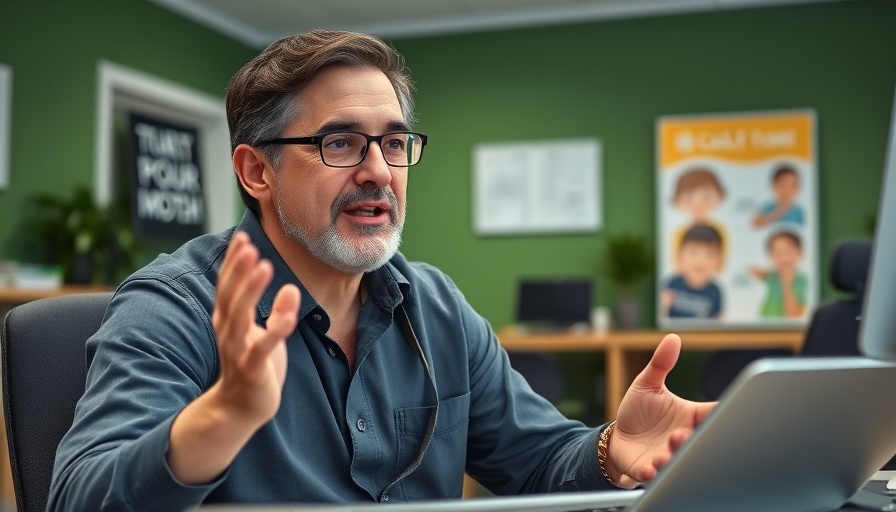
A Serendipitous Journey: From Italy to Honduras
When Italian priest Ferdinando Castriotti first thought about missionary work, he envisioned a life in Africa, not realizing that his true calling lay in Honduras. Thanks to a comedy of errors complete with a language barrier and geographical confusion, Castriotti now finds himself deeply rooted in the Honduran community. His story underscores how sometimes the paths we least expect can lead us to our most significant impacts.
Foundation: A Testament to Community Welfare
Upon settling in Honduras, Castriotti quickly recognized the dire challenges faced by many rural families, including poverty, inadequate education, and limited employment opportunities. In 2011, he founded the Fundación Alivio del Sufrimiento (Relief of Suffering Foundation), which bridges the gap between need and support by focusing on health, education, job training, and migrant assistance. The organization is a beacon of hope, helping locals build bridges to self-sufficiency rather than merely relying on external aid.
The Power of Missionary Work Beyond Borders
While Castriotti’s heart lies in Honduras, his journey has taken him back to Africa and beyond. His experiences reveal a vital truth about missionary work: it transcends borders and cultures. His story resonates not only with those involved in religious missions but also with humanitarian efforts globally, highlighting the interconnectedness of communities.
Impacts on Education and Youth Development
One of the hallmark achievements of Castriotti’s foundation is the investment in education for Honduran youth. The program's success can be seen through the example of three teenagers who received advanced education in Italy. This initiative reflects the broader theme of how educational opportunities can reshape life trajectories, providing hope and pathways for generations to come.
Identity and Integration: A Global Citizen
Though Castriotti’s appearance might suggest otherwise—being tall, fair-skinned, and potentially out of place in a diverse Honduran society—he has embraced his role within this community. His triple citizenship—Italian, Chadian, and Honduran—represents a profound commitment to integration and understanding. This commitment is emblematic of a globalized world where identities are more fluid, and contributions can be made across cultures.
Future Predictions: Sustainable Development in Honduras
Looking ahead, the model of community-based work established by Castriotti may inspire future development strategies across Latin America and beyond. As global challenges like climate change and migration increasingly require holistic solutions, the lessons learned from the foundation’s experiences will be invaluable. The integration of technology in these strategies, from digital tools for education to sustainable practices in local agriculture, can accelerate Honduras’ development into a tech-driven, sustainable economy.
Conclusion: A Call to Action
Ferdinando Castriotti’s story teaches us the importance of community, adaptability, and selflessness in addressing social issues. As we reflect on our roles—be it as business leaders or everyday citizens—let us consider how we can contribute to movements that empower and uplift underserved communities. Whether through tech investments, social initiatives, or direct charitable action, it's time to transform our understanding of global citizenship into tangible actions that make a difference.
 Add Row
Add Row  Add
Add 




Write A Comment